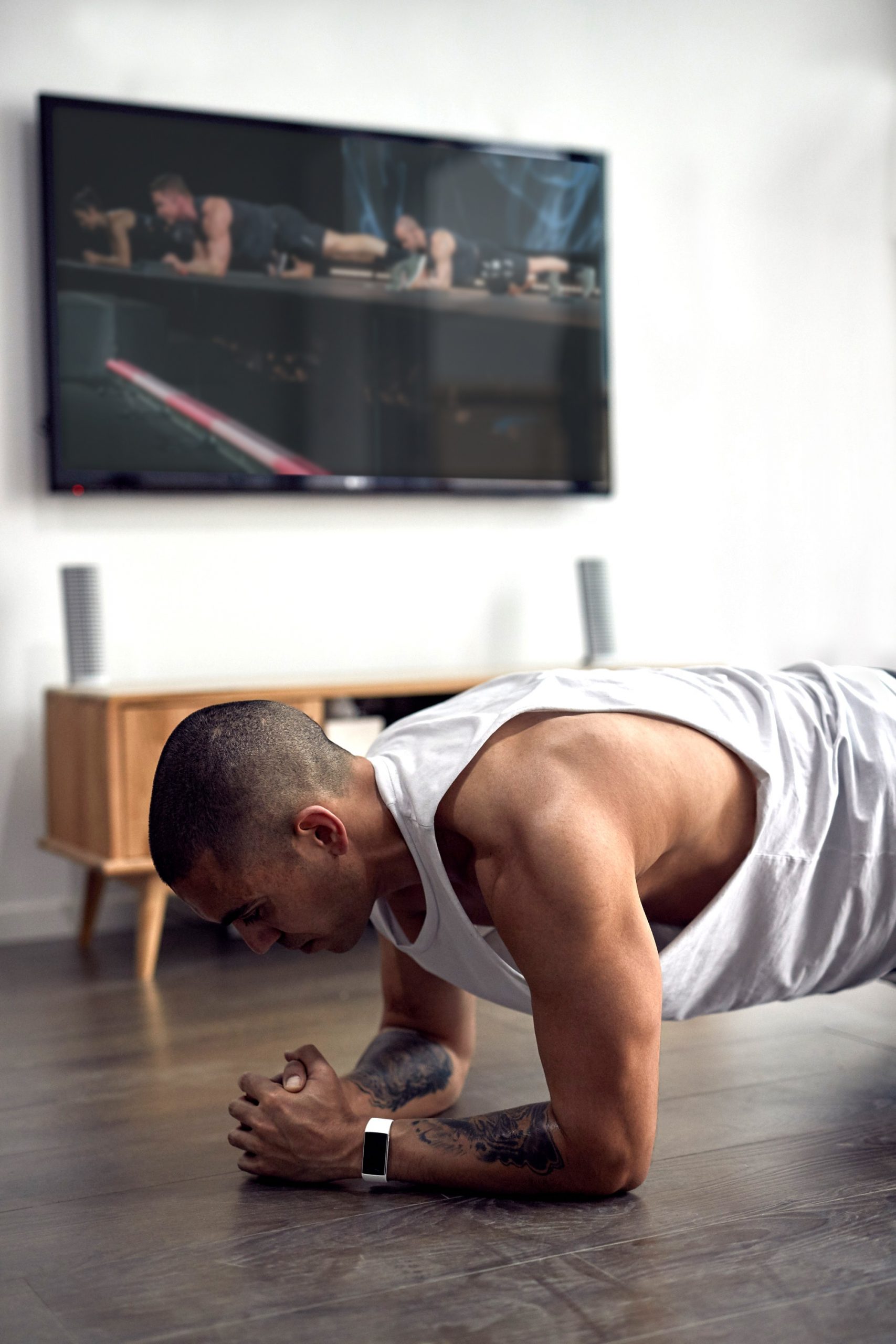
May 5, 2020, by Charlotte Gauja
Training Methods: Core Stability
During our training methods series, University of Nottingham Sport’s fitness instructor, Cameron Whitham, will provide advise around specific training methods that you may wish to incorporate into your training routine. This week, Cam focuses on core stability.
Core stability is known as the ability to control the position and movement of the central portion of the body. This is vital to most sports and for injury prevention because it maintains the good posture that athletes require for muscles to become stronger and to improve performance. The muscles of the torso stabilise the spine and provide a solid foundation for movement in the arms and legs which then allow us to do the exercises that are needed to do when being an athlete.
Within sessions of core stability, you can do the exercises as followed:
- Crunches
- Oblique Crunches
- The Plank
- Superman
- Held straight legs
- Controlled lowering and raising of the legs
- Hundreds
- Leg extensions
- Oblique Plank
- Static leg and back
- Dynamic leg and back
- Hamstring raises
Ensure you warm up before you do any of these exercises, to reduce the risk of injury injuries during the session. A warm up does not have to be complicated and can be exercises such as high knees and jumping jacks.
The Benefits of Core Stability Training:
There are many benefits that can be achieved by training your core and improving your ability such as:
- Maximise running performance – because when running you require the core muscle strength to keep an upright posture to allow you to run.
- Prevent injuries – for example bad posture which can cause back injuries.
- Power can become more controlled – which can result in smoother and more efficient movements of the limbs.
- Maintain a good posture whilst running – gradually improving the running too.
View our core fit focus workout available on our Instagram here.
To view a range of fitness sessions delivered by University of Nottingham Sport be sure to visit our Health and Wellbeing Home: https://www.nottingham.ac.uk/sport/health-and-wellbeing-home.aspx
No comments yet, fill out a comment to be the first

Leave a Reply